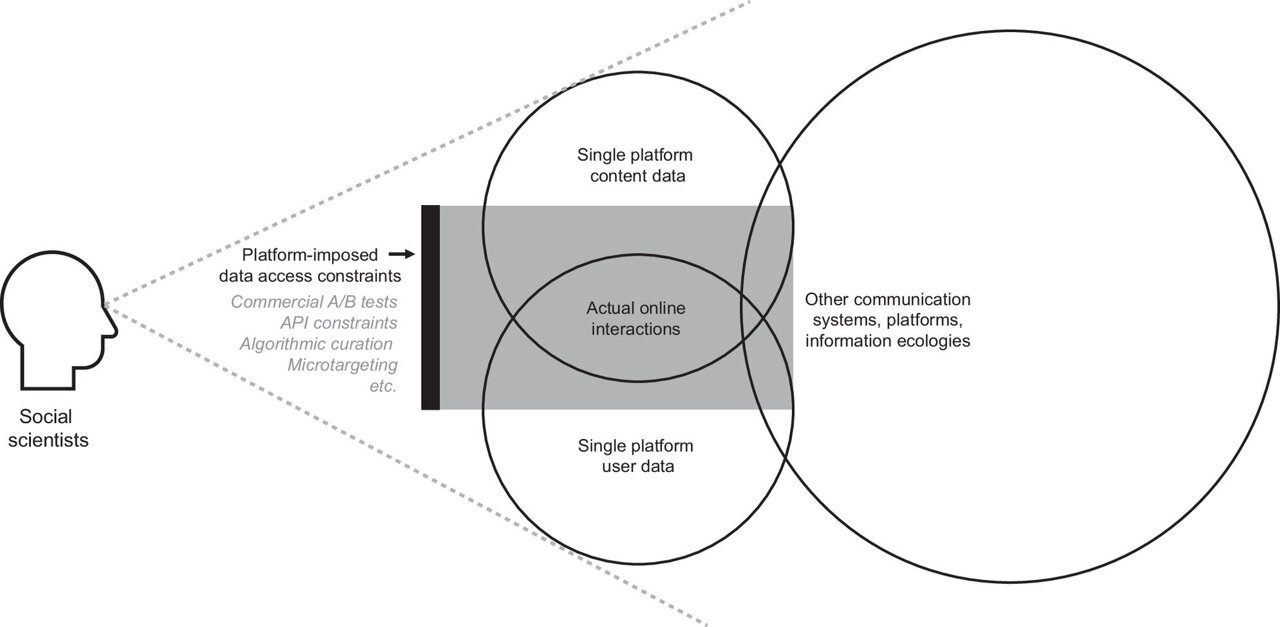Science Communication Fails to Keep Up With Online Shifts

The Challenges of Science Communication in the Digital Age
Scientists play a vital role in public discourse on complex societal issues, such as pandemics and artificial intelligence. These "wicked problems" are high-stakes challenges with no clear solutions. Historically, experts shared their insights through journalists at traditional news outlets. However, today's science communication has shifted to online platforms, where scientific content competes with posts from influencers, advocacy groups, and even conspiracy theorists.
The global pandemic highlighted how unprepared scientific institutions are for effectively using modern media. A recent article published in the Proceedings of the National Academy of Sciences (PNAS) explores this issue, emphasizing that social media platforms often hinder meaningful research by restricting access to data.
Isabelle Freiling, an assistant professor in the Department of Communication at the University of Utah and co-author of the article, notes that people increasingly rely on online environments for information. "Not studying these platforms is not an option," she said. "If we understand how people make sense of information in those spaces, we can better communicate science to match these realities."
However, researchers face significant obstacles in accessing comprehensive data. Social media companies limit access to data through tools like APIs, which act as intermediaries for information requests. While these tools can provide some insights, they rarely capture the full picture due to pre-processing and shaping of data by the platforms themselves. Collaborations between academia and industry may yield more complete datasets, but these partnerships often come with conflicts of interest.
"We need to address the elephant in the room: Are we finding true results, or what platforms want us to find?" Freiling questioned. She emphasized that social media companies hold significant power over what data they share with researchers, a situation that would be unacceptable in other industries like pharmaceuticals or tobacco.
Reimagining Science Communication
Moving forward, the authors call for a reimagining of science communication and research. This requires a deep commitment to change within the scientific community itself. Current guidelines for evaluating the academic value of social media collaboration studies are lacking, and there is a need for clearer standards.
The article, part of a special issue titled "Reimagining Science Communication in the COVID Era and Beyond," outlines the unique challenges faced by science communication in an evolving digital landscape. It highlights the need to address technological, usage, ownership, and regulatory factors.
Pathways Forward
Effective science communication doesn't happen in isolation. In a matter of seconds, science content must capture the attention of multitasking, doomscrolling audiences while navigating secret algorithms that determine what users see.
Freiling pointed out that social media algorithms prioritize content that grabs attention, and often scientific messages are not crafted to be engaging. "Focusing on accuracy is not enough to reach people," she said. Establishing evidence-based guidelines for communicating science on social media should be a top priority.
This involves an empirical approach to understanding audiences, crafting messages, mapping communication landscapes, and most importantly, evaluating the effectiveness of communication efforts. The authors propose several non-negotiables:
- Obtain access to proprietary data: Researchers should work towards accessing unfiltered data while protecting proprietary information.
- Reconceptualize information ecologies as social systems: Research should consider the real-world practice of sharing across multiple platforms.
- Avoid ceding core research tasks to platforms: Platforms often filter data according to their own definitions, which may differ from researchers' needs.
- Address ethical issues: Informed consent is a major challenge in social media studies, and any solution must avoid influencing user behavior.
- Grapple with the urgency of moving forward productively: Organizations like the National Academies of Sciences, Engineering, and Medicine play a crucial role in bringing together stakeholders to find solutions.
"We want to engage the public on science issues, like AI, that affect different parts of the public differently, but that only happens if they see or hear our message in the first place," Freiling said. "To better reach them, we need research on science communication in current information environments that is based on relevant and reliable data."
Post a Comment for "Science Communication Fails to Keep Up With Online Shifts"
Post a Comment